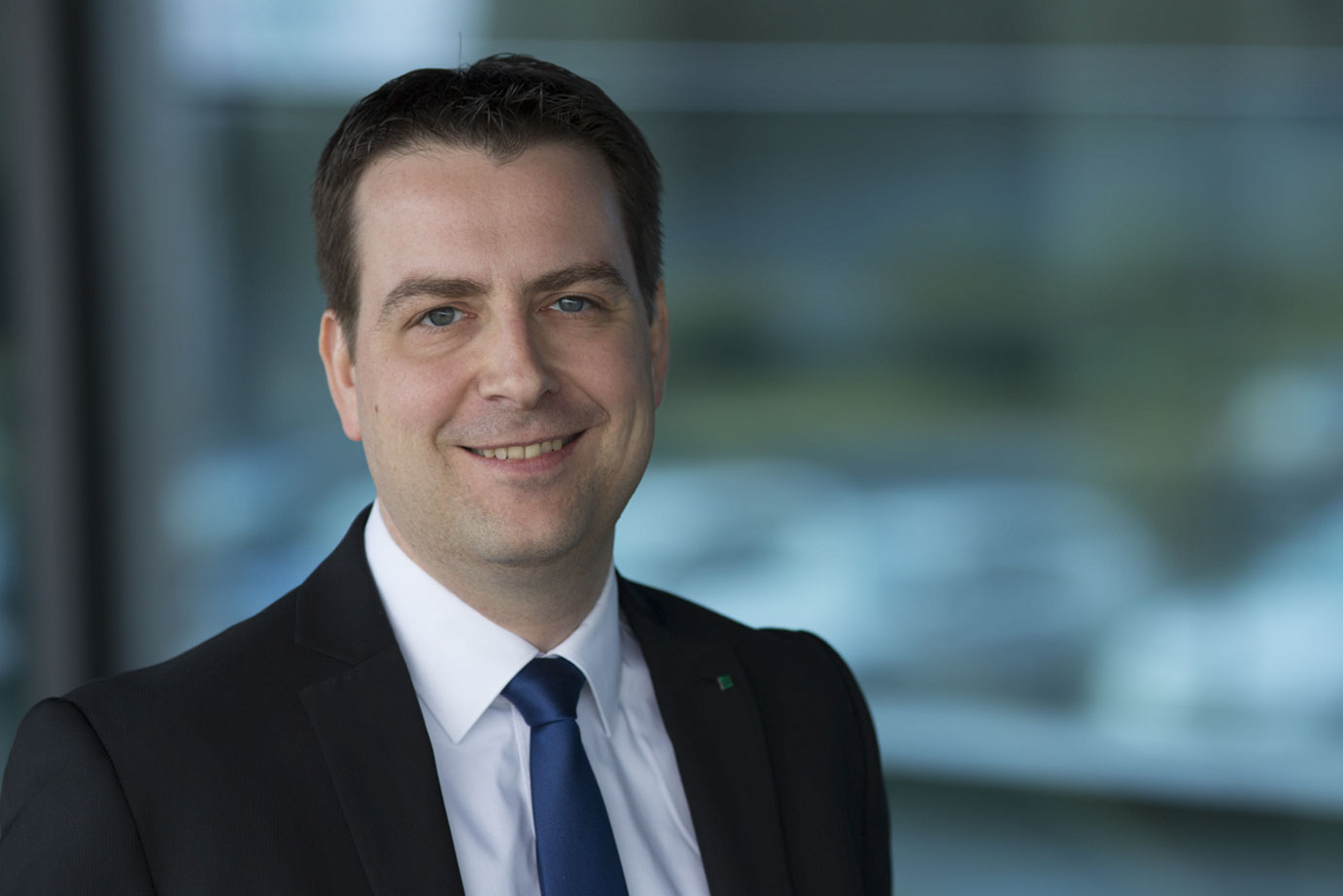IT security is more important than ever before!
Excerpt from an interview with Eric Bodden, Matthias Becker and Matthias Meyer
The objective of the Software engineering and IT security research unit is to create processes, methods and tools for developing secure software-intensive systems. These days, software has a unique level of importance. More and more companies in fields such as plant and mechanical engineering or the automotive industry are recognizing the need to expand their software development expertise — and they are very interested in the solutions our research unit is producing. In this interview, the director, Eric Bodden, and the heads of department, Mattias Becker and Matthias Meyer, explain the reasons for this and outline the services Fraunhofer IEM has to offer.
Why should companies take an interest in secure software development, regardless of the sector they are in?
Matthias Meyer: Because software is used everywhere and it has a significant impact on the value of many products these days — not only in terms of value creation, where software development makes up a large share of product development, but also in terms of the advantages for customers and the user experience. Another factor is that in today’s technical systems, there is no safety without security. Operational safety is inextricably linked with protection against attacks and information security. Even industry standards have now started calling for this to be taken into account, for example, in the plant and mechanical engineering, automation and automotive sectors. We are working together with companies to find ways of implementing these fairly general security recommendations that suit their specific organizations.
 Fraunhofer Institute for Mechatronic Systems Design
Fraunhofer Institute for Mechatronic Systems Design 









